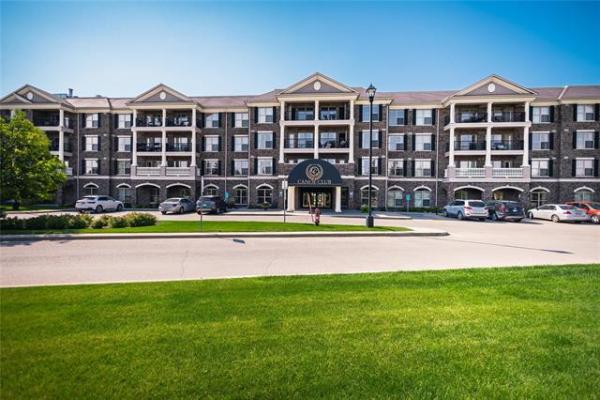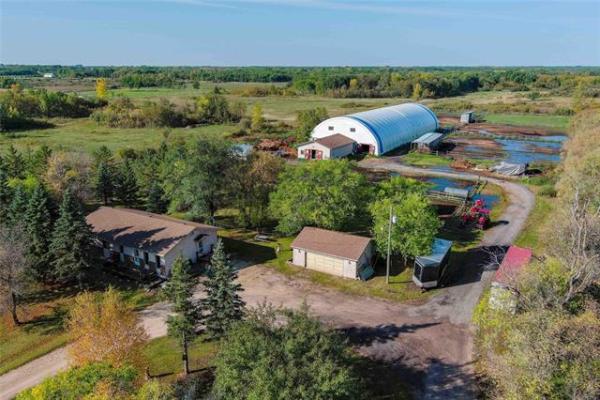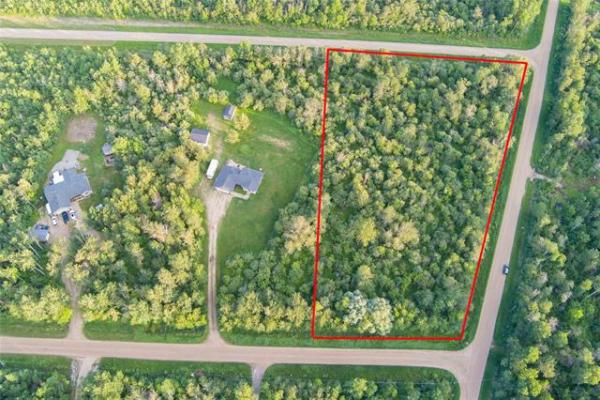Question: What is your opinion on tankless water heaters, particularly for use in the Winnipeg climate? Are they worth the cost and can they provide water hot enough in the winter when the temperature of the water entering the house from the water main is typically only a little above freezing? Do you have any recommendations as to brands which perform better than others? We have friends in Regina who have a Navien brand, not sure which model, but it is natural gas, and they are quite satisfied with it.
Thanks for any information that you can provide, Roy H.
Answer: Tankless water heaters are not common in the Winnipeg area, and evaluating them with my limited experience can be very difficult, due to the small sample size. Using environmentally friendly mechanical systems is commendable, but may not be practical in our area due to our low electricity and natural gas rates and reliable water source.
Tankless water heaters are a system for providing whole house hot water only on demand and not stored in a large tank, like standard gas-fired and electric water heaters. These units vary in cost and style, primarily between the natural gas and electric models. The operation is similar to the water heating method in a common coffee maker, but on a larger scale. There are two main benefits to this type of system over the traditional tank method of water heating.
The first benefit is the small size, eliminating the need for a large area for the tank to store up to 285 litres of pre-heated water. In conjunction with this, there is a water saving component. The on-demand unit provides instant hot water from the small unit, negating the use of somewhat cooler water in various gradients within a large tank. This will save some water being wasted down the drain system, while waiting for higher temperature water to arrive at the faucet from the tank.
The second benefit is the saving in power to heat the water. Because the water in a tank needs periodic heating to maintain a working temperature, due to heat loss through the tank walls, they are not as energy efficient as possible. Extra natural gas or electricity is required for this purpose, even when heated water is not being drawn from a plumbing fixture. Because of this, energy is being wasted when compared with a tankless, on-demand unit, which only uses energy when operating.
Both of these features make a tankless water heater much better for the environment, due to the lack of wasted energy and water resources. Also, there is a much larger amount of physical material, primarily metals, used in the tank of a traditional water heater. Much of this may be recyclable, but the limited life expectancy of either style of heater can be a large factor for waste production. A typical tank-style heater has an average life expectancy of 10-15 years, with municipally treated water, so thousands are replaced every year. I am not sure of the average lifespan of a tankless unit, but I would assume it may be similar. Disposing or recycling as much as 30 kilograms of waste, for a standard water heater, as opposed to about 10 kilos for a tankless unit also reduces the environmental impact of using a tankless system.
Now that we have discussed the pros and cons, we can address the main purpose of your inquiry. Unfortunately, I cannot give you much help with your main question. I don’t know if the added cost of an on-demand unit relative to a tank style is worth the added initial expense. The reason for this is the limited experience I have with seeing tankless units installed in our area. I can count on one hand the number of units I have seen in the thousands of pre-purchase inspections I have completed, over more than two decades. One reason for this is the very low cost of natural gas, mainly used for water heating, until recently. Most new home and retro-fitted water heaters are electric, which have higher ongoing energy costs than gas, but still are economical. Because we continue to have some of the lowest hydro rates in the world, heating water in this old-fashioned way is still the standard in Manitoba.
On-demand units are much more common in European homes, and other areas, where water and energy sources are more scarce and much more costly. In many parts of the U.S. standard water tanks are prevalent, even with much higher heating costs than here. There are areas, primarily in California and some states with large populations in deserts, where tankless heaters are more popular. I would suggest reviewing online research from homeowner reviews and other resources in those locations, for better answers to your questions.
Determining whether an on-demand, tankless water heater is worth the up-front costs, relative to a standard water heater, may be difficult due to the lack of data in our area. If you want to install that type of unit strictly from an environmental viewpoint, please do, but otherwise our low energy and water costs will likely lead to ordering installation of a typical water heater.
Ari Marantz is the owner of Trained Eye Home Inspection Ltd. and the past president of the Canadian Association of Home & Property Inspectors — Manitoba (cahpi.mb.ca). Questions can be emailed to the address below. Ari can be reached at 204-291-5358 or check out his website at trainedeye.ca.
trainedeye@iname.com



